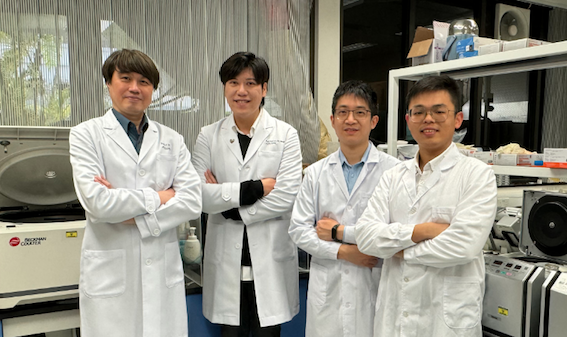
Lung cancer is the leading cause of cancer deaths in Hong Kong and worldwide, but there is still an unmet clinical need for effective therapeutic strategies. A new study from The Chinese University of Hong Kong (CUHK)’s Faculty of Medicine (CU Medicine) has discovered that lung cancer can utilise a blood formation regulator to construct tumour microenvironment. The team validated the translational potential and safety of this new target on experimental models, demonstrating its clinical relevance for lung cancer.
The researchers attempted to investigate the underlying regulation at the single cell level and unexpectedly discovered that a hematopoietic regulatory factor Runx1 (Runt-related transcription factor 1) is critical for promoting patients’ macrophages undergoing Macrophage-Myofibroblast Transition (MMT), which may represent an effective target for lung cancer treatment.
The preclinical data generated from this work will serve as an important rationale for further transforming tumour microenvironment discoveries into clinical applications. It may eventually develop into an effective solution to end cancer via targeting MMT.




